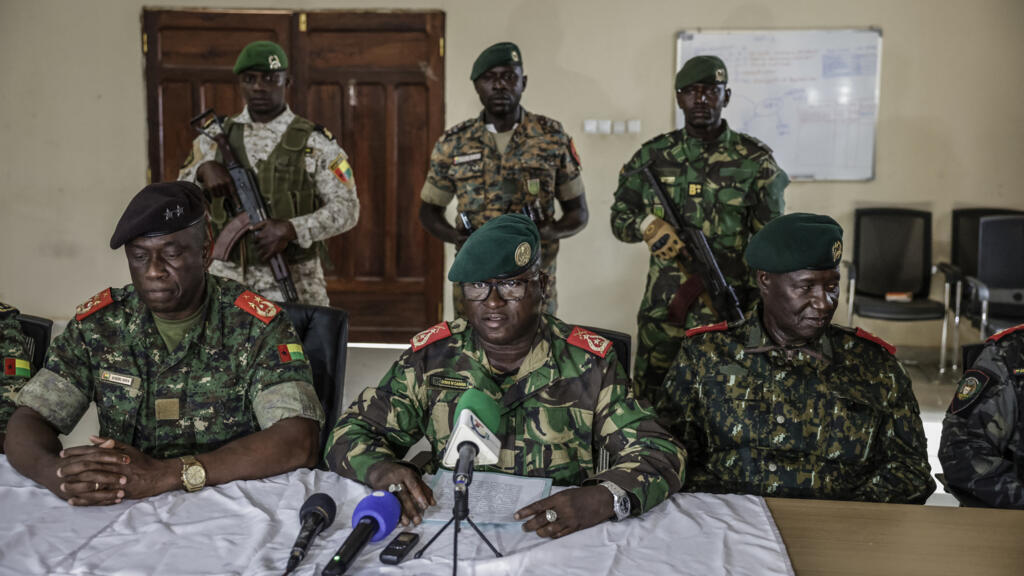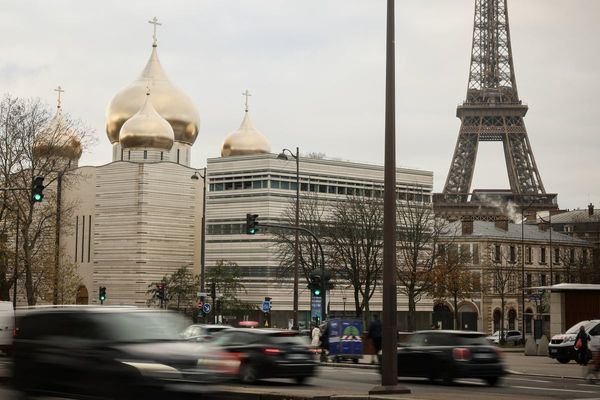
Military officers in Guinea-Bissau declared they had seized "total control" of the government on Wednesday, suspending the electoral process and closing borders just three days after the impoverished West African nation held contested legislative and presidential elections.
The dramatic takeover unfolded as gunfire erupted near the presidential palace in the capital, Bissau, with soldiers in uniform blocking the main thoroughfare to the compound. Military personnel delivered their announcement from army headquarters, according to journalists from Agence France-Presse who witnessed the scene.
Troops from the presidential guard and an elite gendarmerie unit secured the now-deserted area around the palace after heavy shooting subsided midday Wednesday. Hundreds of residents had fled on foot and in vehicles as the gunfire rang out, seeking safety from the violence.
How Portugal's Carnation Revolution changed the fate of its colonies in Africa
The location of incumbent President Umaro Sissoco Embalo, who had been expected to win reelection, remained unknown as of midday Wednesday.
Rival victory claims
The military intervention came amid an already volatile post-election period in which both Embalo and opposition candidate Fernando Dias had prematurely declared victory in Sunday's vote. Official provisional results had been scheduled for release Thursday.
"There won't be a second round," Oscar Barbosa, Embalo's campaign spokesperson, told AFP on Tuesday, asserting the president "will have a second mandate." Meanwhile, Dias claimed in a social media video that "this election has been won, it has been won in the first round."
The competing declarations echoed Guinea-Bissau's 2019 presidential election, which sparked a four-month crisis when both leading candidates claimed victory.
Guinea Bissau heads to the polls amid controversy over barred opposition
History of instability
One fleeing resident's reaction to Wednesday's chaos underscored the country's troubled political history: "We're used to it in Bissau," the passerby told AFP.
Guinea-Bissau has endured four successful coups since gaining independence from Portugal in 1974, along with numerous failed attempts. The nation of approximately 2 million people ranks among the world's poorest countries and serves as a major drug trafficking corridor between Latin America and Europe—a trade that thrives amid the country's chronic instability.
Guinea Bissau's Embalo in tight race for second presidential term
Controversial election process
This year's election was marked by significant controversy before a single vote was cast. The Supreme Court excluded the main opposition party PAIGC and its candidate Domingos Simoes Pereira from both presidential and parliamentary ballots, ruling they had filed applications too late.
PAIGC, which led Guinea-Bissau's independence struggle, characterized its exclusion as "manipulation." Opposition figures have also contested the legitimacy of Embalo's candidacy, arguing his term expired on February 27—exactly five years after his 2020 inauguration.
Since 2023, Embalo has governed by decree after dissolving the opposition-controlled legislature.
More than 6,780 security personnel, including forces from the Economic Community of West African States (ECOWAS) Stabilisation Force, had been deployed to maintain order during the election and its aftermath.
The international community has not yet responded to Wednesday's military takeover.
(with newswires)







